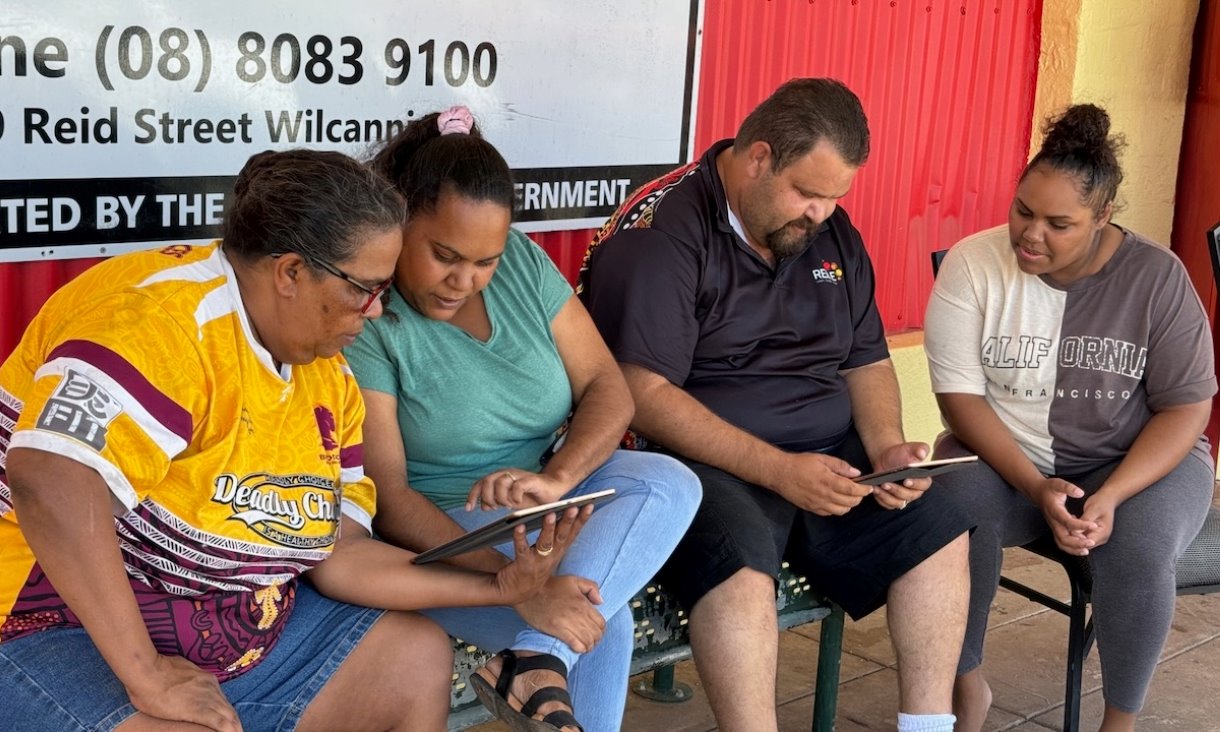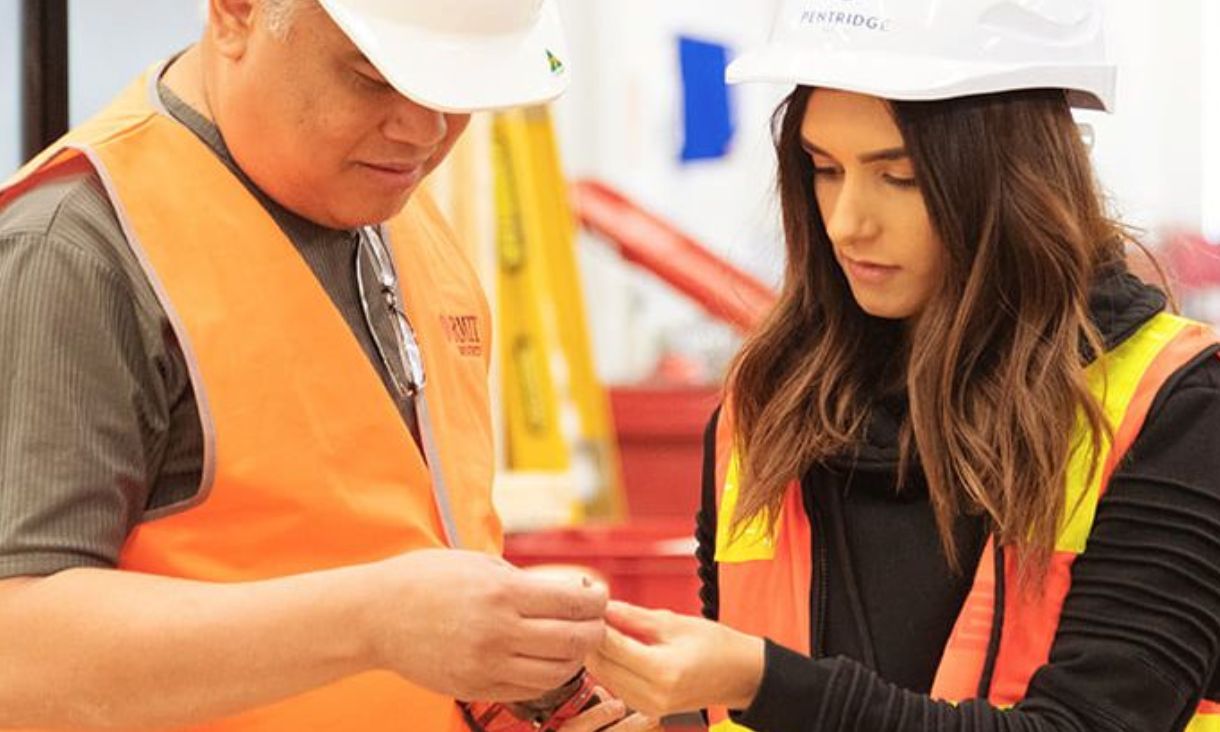RMIT’s evaluation of a unique collaborative leadership development network, known as The Connection, found it was highly effective in generating short term and emerging long term outcomes for disadvantaged learners.
Senior Advisor, Education Research and co-author of the evaluation report Aarushi Singhania said The Connection was having a positive impact on school improvement practices, teachers’ collective capability and student engagement and learning outcomes and had the potential to create system-wide school improvement that could help close the inequality gap in Australian education
The Connection was created by Social Ventures Australia in 2014 to support outstanding and developing school leaders and teachers in school communities experiencing disadvantage to develop collaborations with other like-minded school leaders, as well as industry, government and tertiary education providers to improve student learning.
Since its inception, the program has connected 50 schools and nearly 3000 educators in NSW, SA and Victoria, benefitting around 50,000 primary and high school students.
The findings from this important two--year evaluation provide hope for improving the education outcomes of up to two million students who face educational disadvantage due to where they live in Australia
Singhania joined a panel discussion hosted by the report’s other co-author, Executive Director for Policy and Impact at RMIT Tom Bentley, along with Social Venture Australia’s Director, Education, Bright Spots Schools Connection Sue Cridge, CEO, Victorian Curriculum and Assessment Authority Steve Gniel, and Principal of the Prospect North Primary School in South Australia, Marg Clark,
Bentley said the report found The Connection was an effective model for building learning capability and collaborative leadership development at a school, community and system level.
“There was space for schools to establish priorities, and share evidence based practices in The Connection, so that systems can get hold of these innovations, recognise these, engage with these,” he said.
Gniel said the report also highlighted the important role networks play in fostering collaboration among school leaders for the benefit of the broader system.
“Leaders hunger to find out what other people are doing that they can learn from. We know this works... People are busy trying to solve their own problems. These networks work when leaders make the links, not just the system connecting them,” he said.
RMIT found that after 3-5 years of participating in The Connection:
● All participating NSW and South Australian schools and three quarters of participating Victorian schools reported implementing innovative and effective teaching strategies and practices
● 75-100% of principals and teachers acquired new knowledge relevant to their role ·
● Nearly all teachers (94-100%) reported very high improvement in pedagogical content knowledge
● Many principals and teachers observed significant improvements in student engagement, student learning and development, and STEM-related learning
● Up to 73 % of schools reported improvements in academic outcomes, student voice and/or agency, and metacognition (understanding their own learning processes)
● A moderate to high proportion of participants reported developing the motivation to share knowledge with other schools for system-wide improvement
“Never underestimate the power of the collective. Individually we can make a difference, collectively we will have much more impact,” said Cridge.
The report, Unleashing the Power of the Collective in Education was released at an online forum on 23 September.
Story: Rachel Wells




